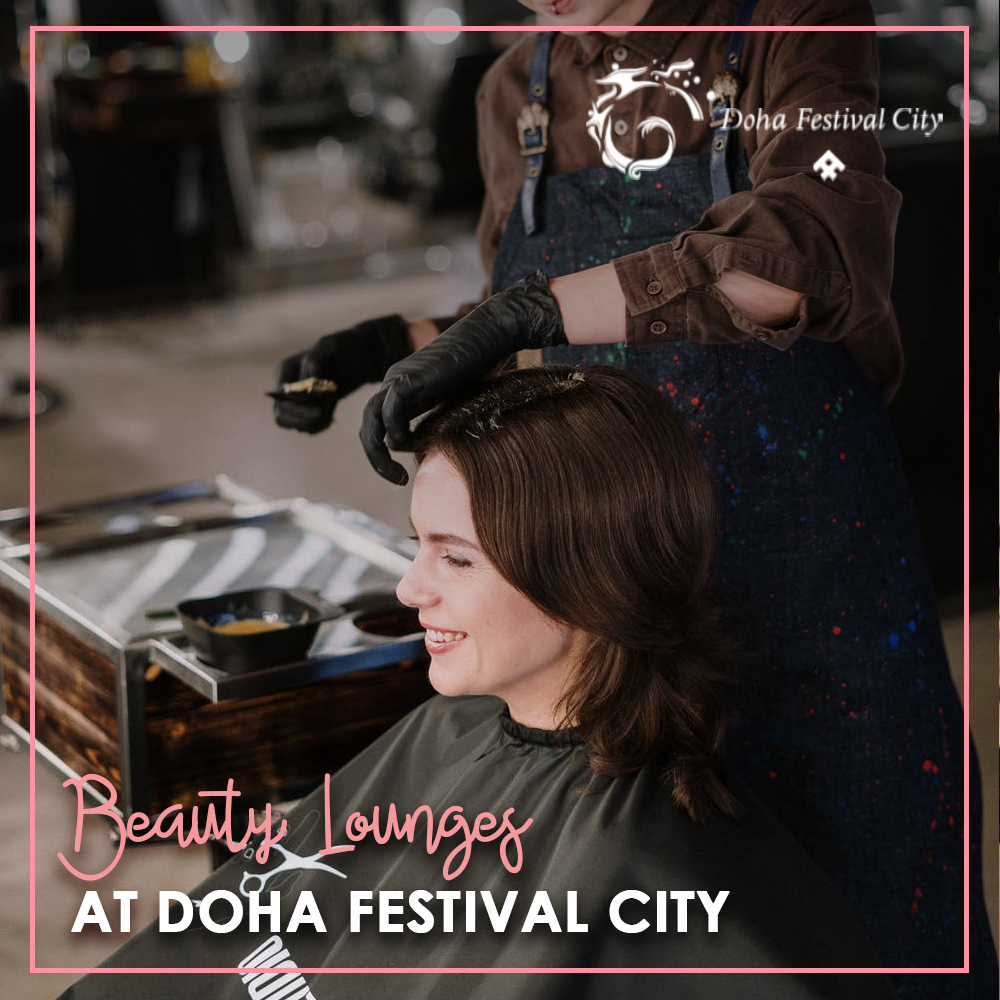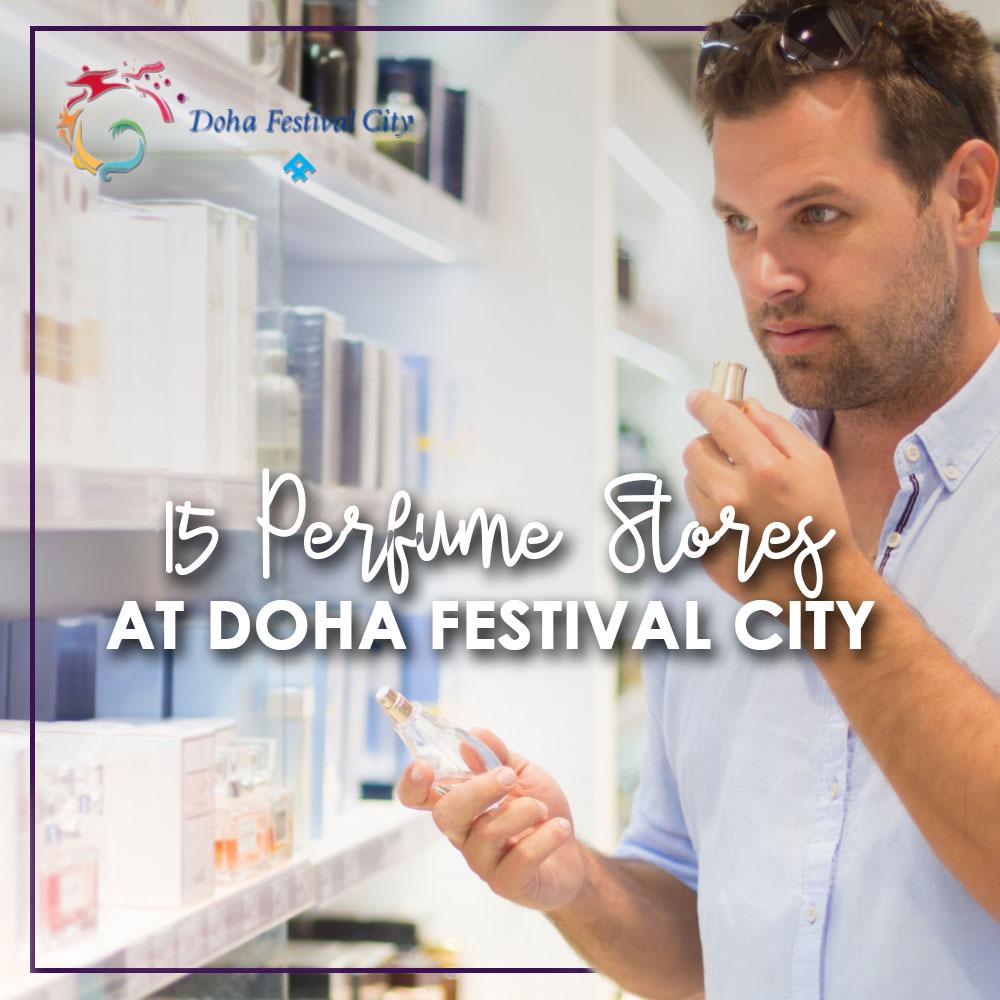
The augmented-reality app Makeup Genius. L’Oreal’s future makeup offerings aim to incorporate real-time trend information.
L’Oréal’s next big tech bet is on a tiny device that’s only 6.5 inches tall and weighs just over one pound, but will let beauty enthusiasts create their own personalized cosmetics at home.
At CES in Las Vegas this week, the French cosmetics and beauty giant will debut a new hardware device called Perso, which whips up compressed beauty formulas from physical cartridges to create on-the-spot skincare, lipstick, and foundations. Think of it like a mini makeup Keurig, but instead of getting a specialized espresso drink, you’ll be creating a unique pink lipstick or skin cream.
“It’s a long-term relationship with the consumer,” says Guive Balooch, head of L’Oréal’s Technology Incubator. Balooch says that Perso’s goal over time is to get smarter about a consumer’s skin and makeup preferences and fine tune recommended formulas.
For skincare, Perso’s app will take into account the local air quality, temperature, humidity, and other factors that fluctuate and affect the skin. It then creates a recipe that even adjusts depending on if you are applying the skincare formula in the morning or the evening.

Perso’s hardware features a proprietary motor system located at the top of the device, which moves and compresses the formula from the cartridges at the base of the machine in an upward motion to the dispensing tray above for a clean application.
The lipstick option is more focused on playful trends. Perso has a base of three different colors: light pink, red, and purple, and to create a shade, users can take a picture of themselves and the app will then recommend a shade based on hair color, clothing and skin tone. Users can also create shades based on what’s trending on social media at the time.
Perso is essentially all about tech-enabled personalization, a trend making waves in a variety of consumer product categories, including apparel, food and beverage, and footwear.
“Everyone understand the value of personalization and no one owns that more than beauty because it is in their foundation,” says Genevieve Aronson, vice president of communications at Nielsen.

Perso’s patented motorized cartridge system.
Embracing personalization is a way for beauty makers like L’Oréal to boost the industry’s sales. In-store beauty sales total approximately $37 billion in the U.S. market, but annual growth is reported at just 1% over the past two years, according to Nielsen. And yet personalized products are 1.7 times more likely to drive sales, says Aronson. So placing a greater emphasis on personalization can potentially help jolt beauty sales.
Increasingly, beauty startups are leaning on data and technology to create products that are even more specialized for the end user. Function of Beauty and Prose, both new to the beauty business, created shampoos and conditioners that are based on custom formulas. Proven Skincare has a similar pitch for skincare.
L’Oréal, the leading beauty purveyor with over 29% of the global market, is also doing work in this arena. The company has updated over 24,000 salons globally to offer personalized hair assessments like scalp diagnostics. The Kérastase brand sells personalized haircare products, while SkinCeuticals’ Custom D.O.S.E. creates personalized anti-ageing and pigmentation products after a user visits a dermatologist for an assessment.
“The only way to achieve beauty for all is through technology,” says Balooch. “You can go to a [makeup] counter and find 40 to 50 shades of foundation. But the reality is, there are far more people with different shades than those options.”

The “My UV Patch” app, unveiled at CES in 2016.
Over the past several years, L’Oréal has used CES as a springboard for the technologies it has launched under the company’s tech incubator. Past inventions have included a stretchable skin sensor designed to monitor ultraviolet light exposure and a connected “smart” hairbrush. L’Oréal’s Incubator team especially won high praise for its augmented reality app Makeup Genius, which was launched in 2014.
Testing for Perso hit a bit of a snag during the development process when Balooch and his team realized that the application wasn’t quite nailing skincare recommendations for individuals with darker skin tones. “It was a lot harder than we had anticipated,” Balooch says, adding that for foundation, 50% of women say they can’t find the exact shade they’d like at the store.
So L’Oréal spent an additional six months testing the product with 400 women, varying from very light to very dark skin. “We realized we had to measure peoples’ skintones, put the product on skin, and then achieve the match,” says Balooch.
Still, some key details need to be ironed out for Perso. Balooch says L’Oréal hasn’t yet solidified distribution for the Perso system and no-pricing structure has been set for the device or the cartridges that would need to be re-ordered over time. The goal is to launch the technology in 2021.
Source: https://fortune.com/2020/01/05/customized-personalized-makeup-ces-2020-loreal-cosmetics/
More on Beauty & Relaxation






Leave A Comment
You must be logged in to post a comment.